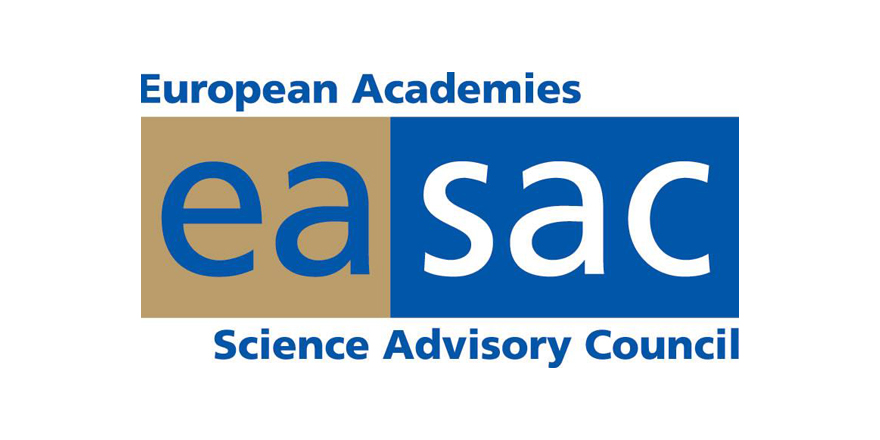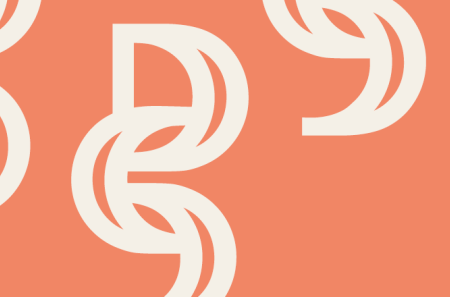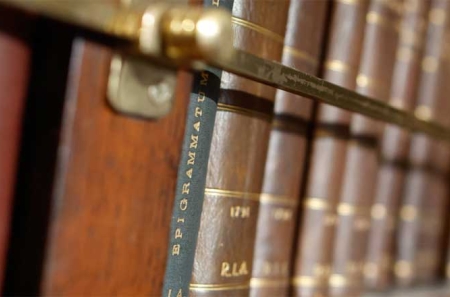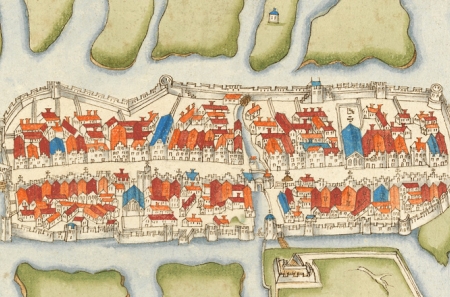Climate Change and Health Workshop
When
Tuesday, June 11, 2019, 11:00Where
Tickets
Landmark report by European Academies finds climate action is urgently required to protect human health in Europe.
The pace and extent of climate change pose serious challenges to global health gains made over recent decades. The new EASAC report focuses on the consequences of climate change for human health in the European Union (EU), recognising that climate change effects in other regions have tangible consequences for Europe and that the EU has roles and responsibilities in addressing problems outside its area.
This workshop will:
- Hear from Ireland’s contributor to the report, Prof Patrick Goodman
- Hear about the relevance of the EASAC report to Ireland
- Hear comments and reactions from a high-level panel of experts
EASAC
EASAC – the European Academies’ Science Advisory Council – brings together the national science academies of the EU Member States, Norway, and Switzerland. Through EASAC, the academies work together to provide independent, expert, evidence-based advice on scientific aspects of public policy to those who make or influence policy within European institutions. Drawing on the memberships and networks of the academies, EASAC accesses the best of European science in carrying out its work. Its views are vigorously independent of commercial or political bias, and it is open and transparent in its processes. EASAC aims to deliver advice that is comprehensible, relevant and timely.




